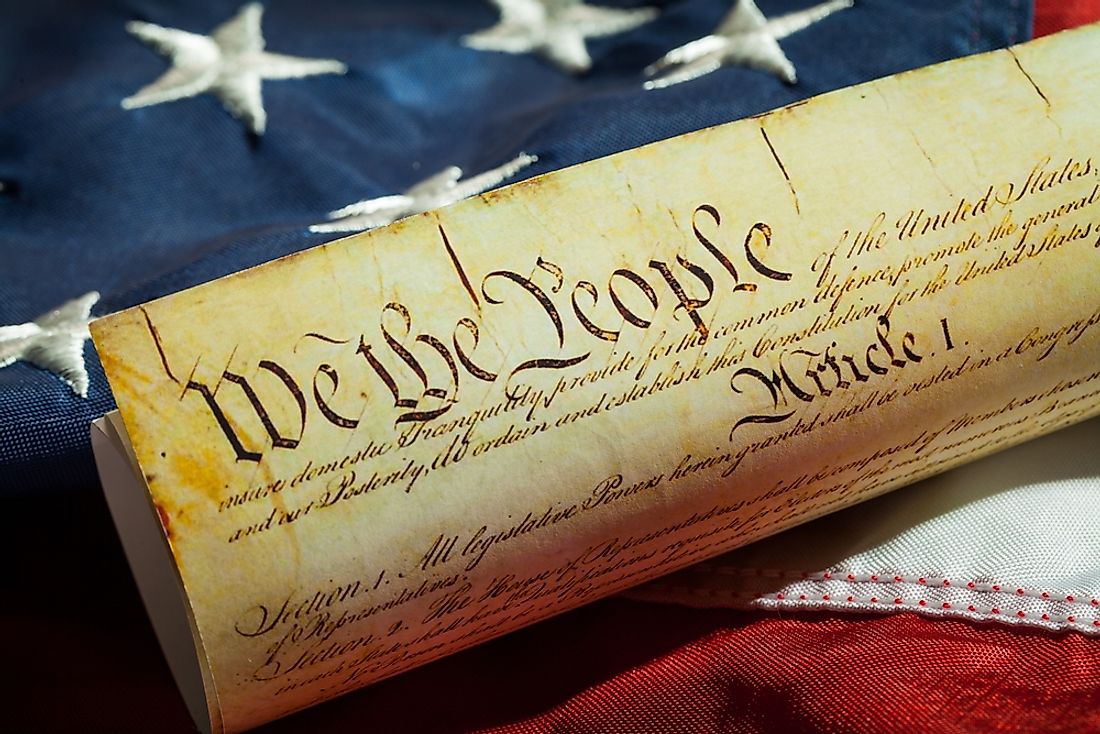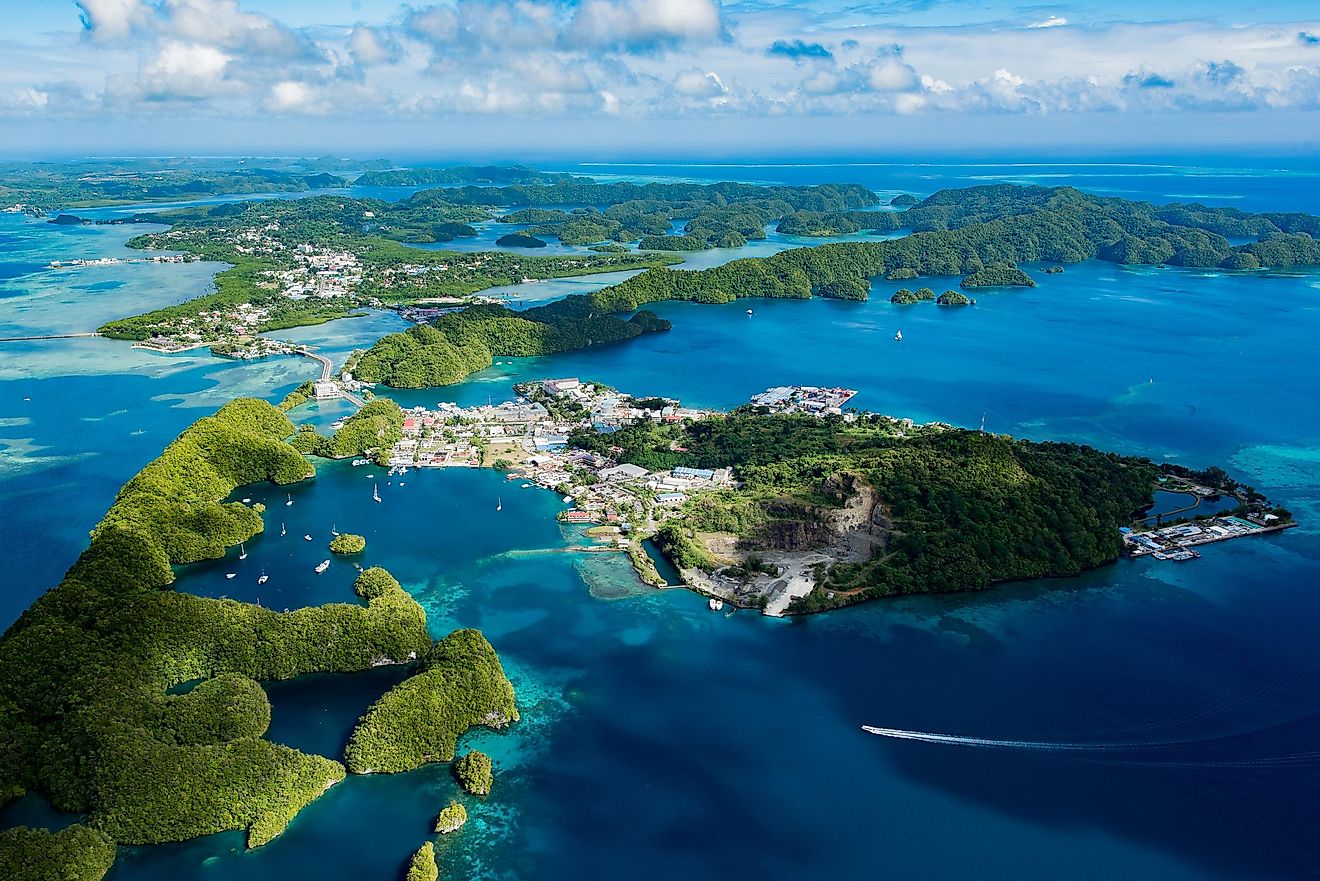What are the Rules to Become President of the United States?

The President of the United States (POTUS) is the most powerful political figure in the US and perhaps in the whole world. The president is the head of state, directs the executive branch of the government, and is the commander-in-chief of the armed forces. The current US president Donald Trump succeed Barrack Obama in January 2017 after winning the presidential campaign held in November 2016. To be considered as a candidate for the presidency, one must meet certain requirements as stipulated by the Constitution.
Presidential Eligibility Legislation
Article Two, Section 1 of the US Constitution highlights that only natural born citizens or citizens of the United States at the time of the adoption of the Constitution are eligible for the presidency. Furthermore, the person must be thirty-five or older and must have resided in the US for 14 years. The Twenty-second Amendment of the Constitution stipulates that no single individual shall be elected as the president for more than two terms. It further states that a person who served as the president for more than two years during the term to which someone else had been elected as the president cannot serve as the president for more than one term.
Eligibility Controversies
Former US president Barrack Obama was plagued by controversies surrounding his place of birth with some Republican members of the Congress arguing that he was not born in the US and, as such, did not qualify to be the president. Despite Congress declaring Obama the winner of the 2008 Elections, Republican representative Bill Posey introduced a bill that would make it a legislative requirement for all candidates and their election committees to provide birth certificates. Initially, the bill was seen as an attack on the presidency of Barrack Obama and had no co-sponsors, but Bill Posey stated that he did not object to Obama’s presidency but was seeking to prevent future controversies. It was later co-sponsored by 12 representatives while others vowed to support it as soon as it reached the senate. The bill died when Congress went for a recess at the end of 2010 and was never voted for in either house. During the commemoration of the 50th anniversary of Hawaii statehood on July 27, the House of Representatives unanimously passed legislation that the state was officially considered the birthplace of Barrack Obama.
In 2013, Texas Senator Ted Cruz faced a similar controversy as Barrack Obama after it was revealed that he was born in Canada to a Cuban born American father although his mother was from Delaware and had moved to the US when he was four. In 2008, some members of the Congress opposed the candidacy of Senator John McCain because he was born in the Panama Canal Zone where his father was stationed as a US navy officer. Although several members of the congress have brought up such issues, none has ever made it to the court, and all progressed to vie for the presidency either as presidential candidates or party flag bearers for the presidency.







